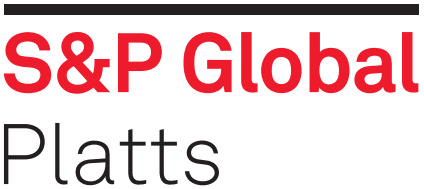
The UK steel industry risks disappearing if the UK leaves the EU with no deal and remains outside the customs union, as this would prevent the industry from benefiting from the European Commission import safeguards, further weakening its position, Roeland Baan, CEO of steelmaker Outokumpu Oyj, said Wednesday at the European Steel Association’s Steel Day.
The broader fate of the entire European steel industry took center stage at this year’s conference in Brussels. Top agenda items were market conditions, with the forecast that apparent regional steel consumption is expected to fall by 0.4% in 2019 against a backdrop of worldwide steel overcapacity, challenging carbon emission reduction targets and booming imports even with import safeguards in place.
The sum of these conditions puts EU producers in a very difficult situation this year, European steel association Eurofer noted.
“These challenges have the potential to erase the whole steel industry in Europe. On the other hand, these challenges bring us a great opportunity, if we can embrace change and use it to accelerate innovation,” said Geert Van Poelvoorde, president of Eurofer and CEO of ArcelorMittal Europe Flat Products.
“In 2018, there was a record 12% rise in European imports of finished steel products, in a market that grew only 3.3%. We are grateful that the European Commission recognized the problem and took action. However, the safeguard has failed in its objective for a large part of our industry.”
Eurofer has proposed solutions to finish the job the safeguards set out to do. “The purpose is, as it always has been, to prevent surges of imports, not to close the market,” the association stated.
Eurofer representatives are seeking to change six main points in the safeguards system.
First, all country-specific quotas should have quarterly quota periods. Second, access to the “residual” quota should be managed so that smaller exporters to the EU are not crowded out unfairly by bigger players who have exhausted their own quotas.
Third, the February 2019 quota increase of 5% should be reviewed urgently – and the planned July increase should be pushed back or canceled – to reflect actual conditions in the European steel market.
Fourth, exemptions for developing countries that exceed the 3% threshold should be removed.
Fifth, imports from developing countries should not be taken into account in the calculation of the size of the quotas from which they are, in any case, exempt. The quota should therefore be reduced by 2.4% on average.
And lastly, there should be national, quarterly quotas for imports of hot-rolled flat steel products.
“We believe these firm proposals should be integrated into the review of the effectiveness of the safeguards the commission is currently doing,” Outokumpu Oyj’s Baan said.
The Swedish stainless steel company has a mill in Sheffield with one EAF with a design capacity of 450,000 mt/year that at the moment is producing just 350,000 mt of crude steel that is rolled into stainless billets, blooms and slabs, Baan said.
According to Eurofer representatives the discussion between EC members on safeguards is likely to be held in September during the next European members’ meeting.
— Annalisa Villa




